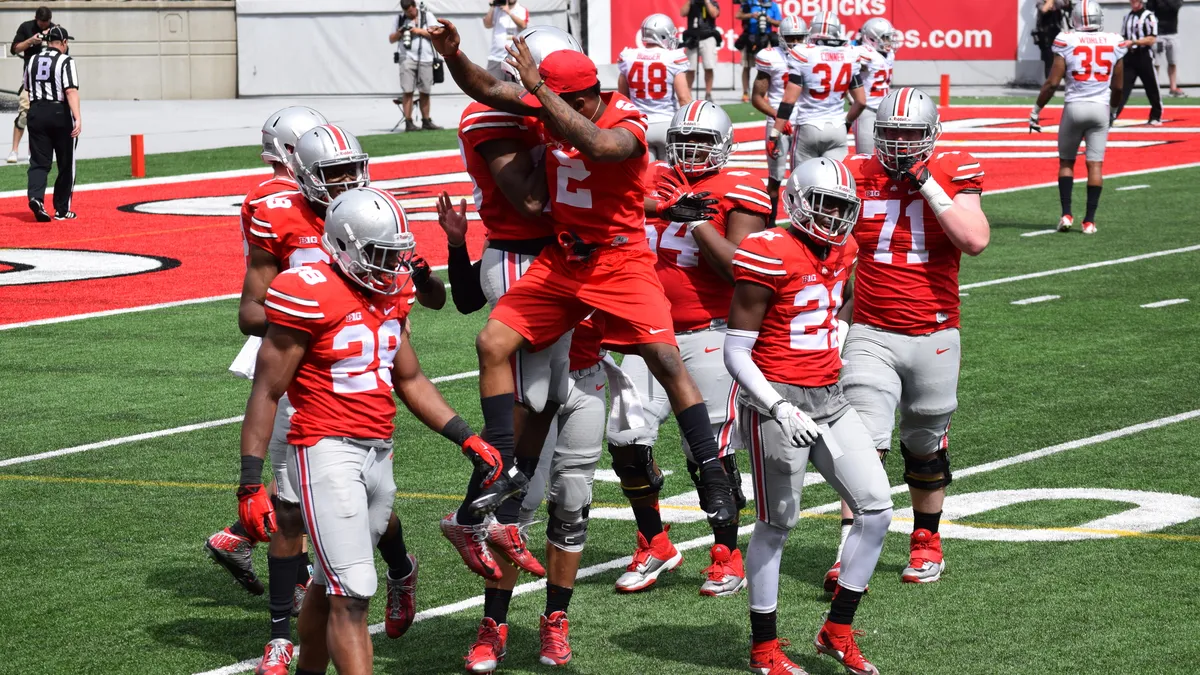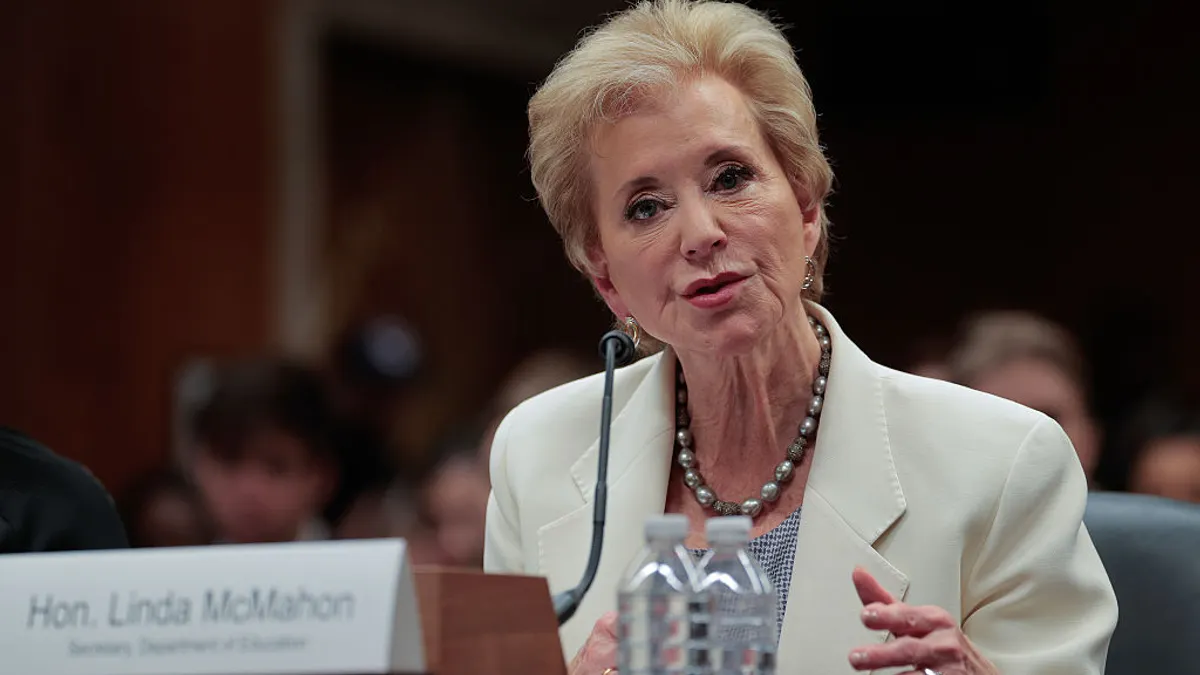Dive Brief:
- U.S. Sen. Richard Burr, a Republican from North Carolina, introduced a bill this week that would tax the scholarships of certain college student-athletes who profit off their names, images and likenesses.
- The bill, called the NIL Scholarship Tax Act, would only affect student-athletes who earn more than $20,000 annually through endorsements and other deals. Those players would have to report their athletic scholarships as taxable income.
- In a news release, Burr cast the bill as preserving the amateurism of college athletics by giving students a choice: either receive a tax-free scholarship or earn outside NIL compensation.
Dive Insight:
Burr's bill is in response to the rapidly changing world of college athletics. This summer, the NCAA suspended longstanding rules that barred student-athletes from earning money from their NIL. And roughly two-dozen states have passed legislation to allow these players to earn money from such deals.
Some student-athletes have scored major deals in the aftermath. One Ohio State University football player signed a three-year contract with an athlete autograph company that's estimated to be worth $1.4 million. Two University of Miami football players signed $20,000 endorsement deals with a local moving service. And a Clemson University quarterback is starring in a national Dr. Pepper television commercial.
The change may also affect aid packages some athletes receive. Each deal they sign will increase their income, potentially jeopardizing the level of need-based aid for which they're eligible. Nearly half of students on athletic scholarships receive some form of need-based aid, according to federal data.
A recent U.S. Supreme Court ruling is also shaking up college sports. The decision in NCAA v. Alston permits colleges to recruit student-athletes by offering more education-related perks, such as paying for nontuition expenses or covering the cost of a study abroad trip.
Experts predict that colleges will attempt to line up bulk endorsement deals for their student-athletes in order to recruit more competitively. Some schools have even partnered with brand-management agencies that allow their athletes to earn money from merchandise featuring institutional logos, Sports Illustrated reported.
Burr's bill aims to temper some of these recent changes.
"Collegiate athletes are given the unique opportunity of competing for their school while receiving a quality, post-secondary education," Burr said in a statement. "The NCAA’s recent decision to rescind its long-standing prohibition on outside compensation will fundamentally change the landscape of college athletics."












